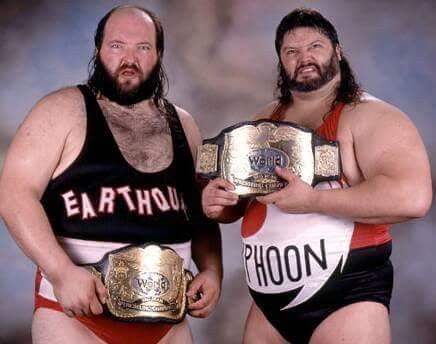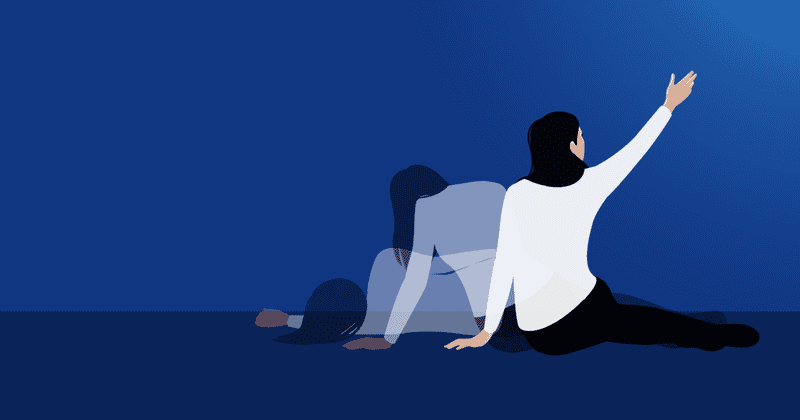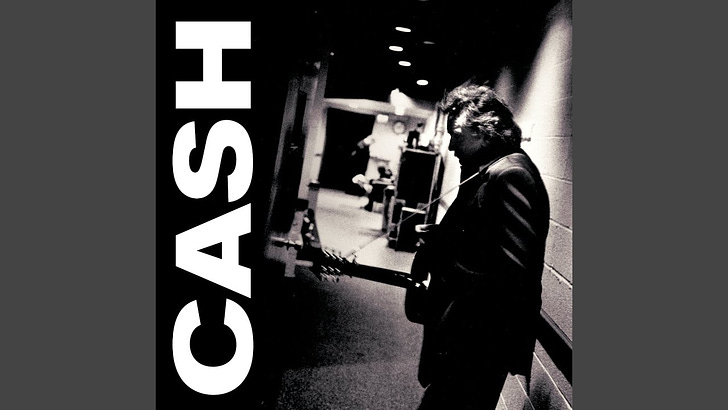

Discover more from Depresh Mode
Newsletter: The Good Edition
Lots of good things, also some bad things with the word "good" inserted"
Oh good
As of Monday’s newsletter, I had not heard from Joel Kim Booster as to how he felt about the emotional episode with him that came out Monday. I mean, I was happy with it, I stand by it, it was fair and honest, but ideally I’d like an interview subject to feel good about what went out into the world.
Yesterday afternoon, he weighed in.

And I said hello.

It’s going to be more good than expected
I keep saying everything is going to be horrible in regard to mental health after covid. Because it’s trauma and both history and statistics indicate the tsunami is coming.
This article in The Atlantic says nope. Everything will be much better than feared.
But as spring turned to summer, something remarkable happened: Average levels of depression, anxiety, and distress began to fall. Some data sets even suggested that overall psychological distress returned to near-pre-pandemic levels by early summer 2020. We share what we learned in a paper that is forthcoming in Perspective on Psychological Science.
I appreciate the article. I disagree with its conclusions. I think it doesn’t account for the long tail effects of trauma, which make me believe this is going to be a long and painful recovery. But I hope they’re right!
Naomi Osaka speaks out, has boundaries, which is good
Here’s my belief: athletes have no responsibility to society that the rest of society doesn’t share. All of us, from Naomi Osaka to LeBron James to me to you have certain things we should be doing:
Don’t hurt people
Try to make the world better
Be a good person
I’m trying to think of others but you get the idea. We’re not owed a press conference by a tennis player. We’re not entitled to know the exact mental health condition of anyone famous. That’s not secrecy on their part, it’s privacy.
Osaka has written some of her thoughts in Time magazine:
Lesson one: you can never please everyone. The world is as divided now as I can remember in my short 23 years. Issues that are so obvious to me at face value, like wearing a mask in a pandemic or kneeling to show support for anti-racism, are ferociously contested. I mean, wow. So, when I said I needed to miss French Open press conferences to take care of myself mentally, I should have been prepared for what unfolded.
She goes on to be more enlightened about mental health and people than most corporate HR departments:
There can be moments for any of us where we are dealing with issues behind the scenes. Each of us as humans is going through something on some level. I have numerous suggestions to offer the tennis hierarchy, but my No. 1 suggestion would be to allow a small number of “sick days” per year where you are excused from your press commitments without having to disclose your personal reasons. I believe this would bring sport in line with the rest of society.
Notably missing from the essay are details about her own struggles and obstacles. Because it’s not an all-or-nothing proposition. It’s not a matter of telling nothing or telling all. She’s choosing to keep some stuff - stuff that she has gone to great efforts to understand and honor - to herself.
Unrelated but fun: Here is the sports(?) stunt(?) group Dude Perfect trying to return a serve from Serena Williams. They get humiliated and physically injured and Serena just laughs and laughs.
Big Sale next week! That’s good!
ANNA Sale, that is! Ha! I’m so sorry.
On next week’s pod, I welcome my friend Anna Sale, host of WNYC’s Death, Sex & Money. I love Anna and I love the show and I hate their neglect of the Oxford comma.
As part of her divorce some years ago, she had to have a lot of hard conversations on a variety of touchy subjects. Things got resolved but her interest in those subjects remained and turned into a podcast. It’s a great show.
Here’s an episode I listened to the other day, which was fascinating.
“When I Almost Died”
A few years ago, I asked you to share your near-death experiences. You told us about car accidents...plane crashes...illness...suicide. And, you told us what happened after, when you didn't die. Ellen's near-death experience ended her marriage. Kelsey's forced her into sobriety. And Paul's left him feeling impatient: "Every moment has to matter, but then it doesn’t."
Feel Good
That’s the name of a Netflix show we’ve been watching. It’s co-created by and stars the comedian Mae Martin, playing a comedian named Mae Martin. The character Mae falls in love with a woman named George and they struggles through a relationship weighed down by Mae’s substance use issues. And it’s a comedy! Well, sort of.
Mae Martin, the show creator, as well as the rest of the people working on the show, have a knack for portraying addiction not as a triumphant “I was bad but now I’m great” dichotomy but instead as a daily messy struggle.
The series is British (Martin is Canadian) and so the episodes are exquisitely acted and there are very few of them. Two seasons, six episodes each, on Netflix.
Lisa Kudrow plays Mae’s mother with all the comedic complexity and heart we see in Lisa Kudrow roles. She’s just really good, that Lisa Kudrow.









